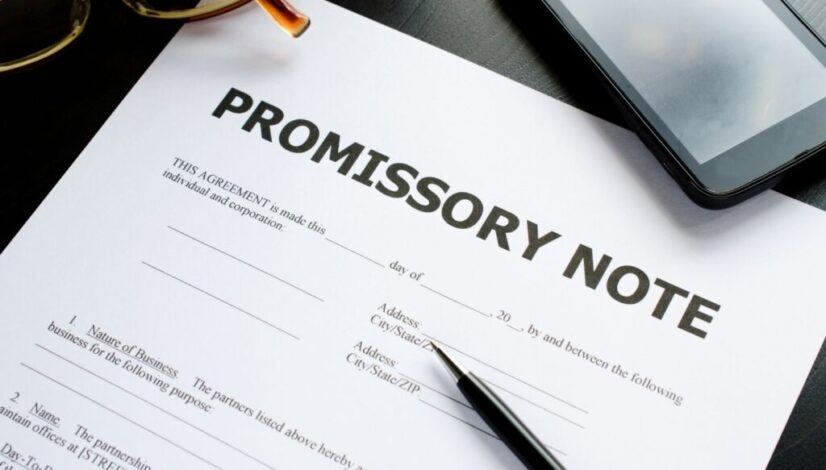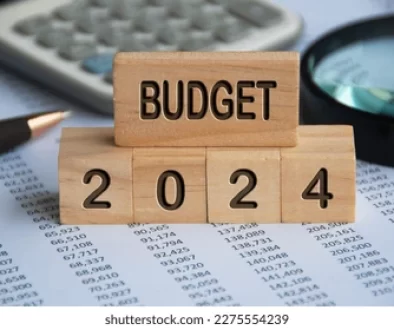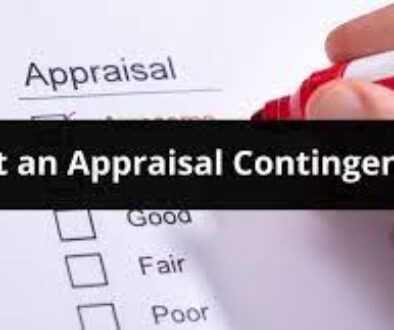Promissory note
Promissory Note
When you borrow money from a lender to buy a home, you’ll come across legal and financial jargon that may be unfamiliar to you. One such term is “promissory note,” which will definitely come up if you’re using lender money to finance your home purchase.
A promissory note is essentially a legal “IOU” that says you, the borrower, formally agree in writing that you’ll repay a loan.
What Is A Promissory Note?
A promissory note is a written agreement between one party (you, the borrower) to pay back the loan issued by another party (often a bank or other financial institution). Anyone lending money (like home sellers, credit unions, mortgage lenders and banks, for instance) can issue a promissory note.
But specific to real estate and the mortgage process, promissory notes serve as an agreement that the borrower will repay their mortgage loan by the maturity date.
Mortgage Note Vs. Promissory Note
It’s worth making the distinction between a promissory note and a mortgage note. While all mortgage notes are promissory notes, not all promissory notes are mortgage notes.
A promissory note is a legally binding, written promise from a borrower to repay a loan to their lender. A mortgage note is a document that outlines the terms of a mortgage. It includes information such as the down payment amount, the principal amount, whether the interest rate is fixed or adjustable and whether the borrower pays a prepayment penalty if the loan is paid off early.
Types Of Promissory Notes
There are a handful of types of promissory notes, such as secured, unsecured and the aptly titled Master Promissory Note (MPN).
Secured Promissory Notes
A secured promissory note requires the borrower to safeguard the loan by putting up items of hard value, such as the home, condominium or rental property you’re purchasing, as collateral to ensure the mortgage is repaid.
Unsecured Promissory Notes
An unsecured promissory note does not come with upfront collateral requirements, though you’re still obligated to repay the loan. If the loan isn’t repaid, the lender can file a lawsuit or send the borrower’s unpaid debt to a debt collector.
Master Promissory Notes
A Master Promissory Note (MPN) is the same as a promissory note. It’s a legally binding document that obligates a borrower to repay the total loan amount plus interest and abide by the terms of the agreement.
The term “master” comes from the fact that lenders and borrowers can use a Master Promissory Note across multiple loans. MPNs are commonly used with federal student loans.
When students take out new school loans, they take out one MPN the first year and use it for all their loans throughout their tenure in school. This eliminates the need to sign a new promissory note each time they take out a student loan.
In real estate, however, a secured or unsecured promissory note must be issued for every new home loan. For example, if you’ve ever refinanced a home, you signed a new promissory note because a refinanced loan is a new loan.
What’s Included In A Promissory Note?
A promissory note is, ultimately, a legal document outlining the terms of the agreement. But the document also outlines additional relevant information about the loan.
While each state has its rules governing what must be in the document, standard items that you may expect to see within a promissory note include:
- Borrower’s name and contact information
- Lender details and contact information
- Total amount of money to be borrowed
- Interest rate being charged and how it’s been calculated
- Date first payment is required
- Required payment amount
- Number of required payments
- Frequency with which payments will be made
- Fees and charges
- Repayment terms and options
- Loan conditions
- Any collateral that will be put up
- Date and location of note issuance
- Loan maturity date
- Borrower’s signature (this is what makes it legally binding)
Promissory notes typically don’t address how to handle defaults or breaches of loan terms, like late or missing payments.
How Do Promissory Notes Work In Real Estate?
Promissory notes are just one part of the financial and legal process of buying a home. While it may look like a simple stack of paper at closing, each document serves a purpose.
As part of the home loan mortgage process, you can expect to execute both a legally binding mortgage and mortgage promissory note, which have complementary purposes. A home mortgage secures a promissory note with the title to the property as collateral. This is done in case the lender ever needs to foreclose and sell the property because the homeowner didn’t make their loan payments.
Your lender will keep the original promissory note until your loan is paid off. When you close, you’ll also receive a copy of your mortgage and promissory note and the remainder of your closing documents.
Why Do Lenders Use Promissory Notes?
A lender uses a promissory note as a way to ensure there is legal recourse if a borrower doesn’t repay a loan. While many homeowners think they’re paying off the mortgage loan to officially “own” their home, it’s actually the promissory note that holds them to the promise. The lender keeps the note until mortgage repayment is complete. And the note gives them the power to foreclose if the homeowner defaults.
FAQs About Promissory Notes
When are promissory notes used?
Promissory notes can be used for a variety of circumstances, including mortgages, car loans, student loans and even personal loans.
Can I write my own promissory note?
It is possible to write your own promissory note. Doing so can help ensure the note is customised to fit the transaction. A promissory note template can help you get started, but it may also be a good idea to enlist the help of an attorney to ensure the note is correct and legally binding.
Can I get a promissory note without a mortgage?
Yes, it’s possible to have a promissory note without a mortgage. In fact, a promissory note may be a way for buyers who can’t obtain traditional financing to still buy a home through what is called a take-back mortgage. The financing vehicle effectively allows the home seller to lend money to a buyer to purchase their home.




